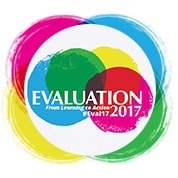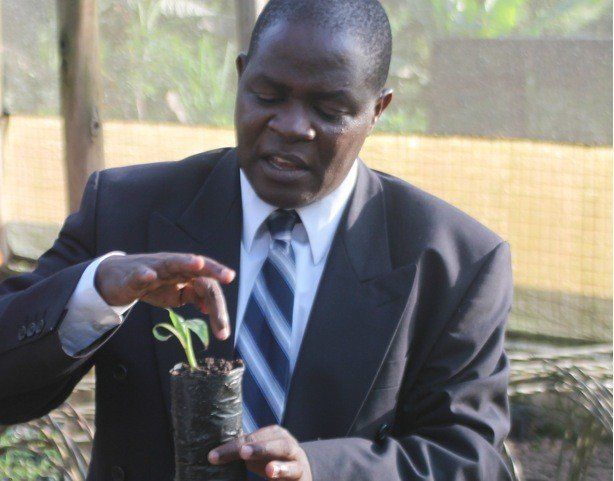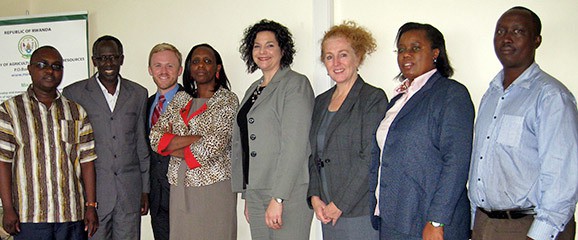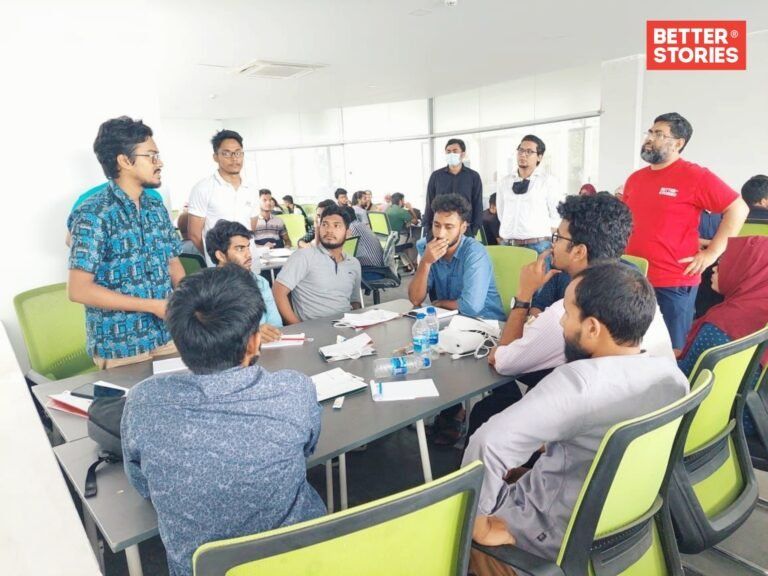Evaluation 2017 Conference Reflections: The Importance of Systems Thinking
The American Evaluation Association’s (AEA) Evaluation 2017 Conference brought together evaluators from around world for a week of exciting dialogue and hands-on learning experiences. The presiding AEA President, Kathryn Newcomer, presented this year’s conference theme, “From Learning to Action,” which explored the many ways “our community can learn from evaluation to create better practices and outcomes.”
The Global Knowledge Initiative (GKI)’s Chief Operating Officer, Sara Farley, and Senior Program Officer, Katie Bowman, led a conference session on November 9 that focused on using collaborative systems mapping tools to track and analyze change in complex systems over time.
The international development sector has seen a growing focus on systems thinking and systems practice in recent years, and this focus showed up as a major theme in the Evaluation 2017 conference. AEA President Newcomer notes, “I think the systems thinking portion at [Evaluation 2017] was the fastest growing program and it shows that it’s something you need in your toolkit to design evaluations and programs.”
“I think systems thinking will become as natural as brushing your teeth in the morning. I can’t imagine anyone not thinking about systems when practicing evaluation. It’s normal science now.”
When speaking with Newcomer, she stressed the importance of using systems approaches for program design and evaluation. Furthermore, she recognized the value of embracing a “mixology” of systems tools. She explained that there is no one best tool, and users should combine different systems tools to evaluate complex systems and design effective interventions.
Regardless of the tools used, it’s clear that a vast and growing number of international development professionals recognize how critical systems approaches are for maximizing sustainable impact, due diligence, and evaluative thinking throughout the program cycle. As Newcomer put it:
“I think systems thinking will become as natural as brushing your teeth in the morning. I can’t imagine anyone not thinking about systems when practicing evaluation. It’s normal science now. The goal should be the same–which is to get a more authentic understanding of those who are impacted by interventions and their worldviews, and what we need to make sure our interventions are successful.”
We couldn’t agree more, and we look forward to taking that goal with us into the new year.
Contributors: Shivani Chokshi and Katie Bowman







